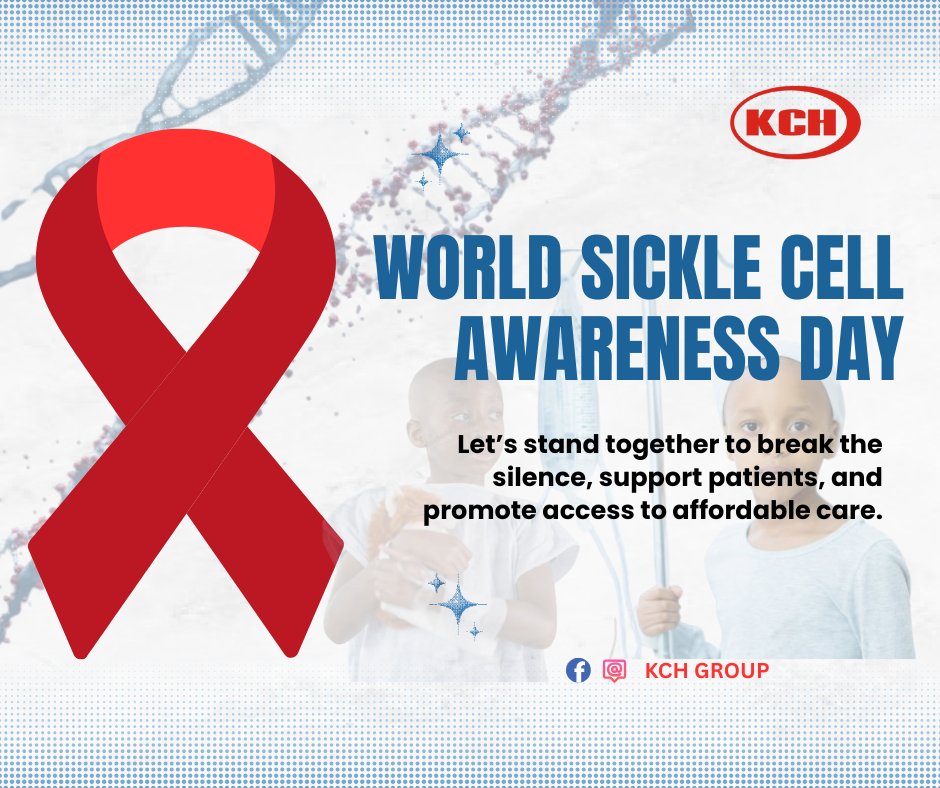SCD is a genetic blood disorder that causes red blood cells to become sickle-shaped, restricting blood flow and leading to severe pain crises, anemia, infections, and potential organ damage. For Nigeria’s estimated 4 million people living with sickle cell disease, the battle is not just against the illness, but against a health system that demands too much from its weakest. The National Health Insurance Authority (NHIA) provides minimal support for SCD management. Patients say hydroxyurea is not fully covered, while many health workers lack training to prescribe or monitor its usage.
“Most general hospitals don’t even have the drugs or the specialists to manage a crisis,” says Dr. Obinna Ajayi, a haematologist at a Lagos tertiary hospital. “We see patients who travel hundreds of kilometres just to refill their prescriptions.”
Hydroxyurea—a drug proven to reduce pain episodes and hospital admissions—is still largely unaffordable for many patients. A monthly supply now costs between ₦4,000 and ₦9,000, depending on location and pharmacy availability. When combined with other essentials like folic acid, pain relievers, lab tests, and hospital fees during crises, monthly medical expenses can skyrocket to ₦70,000–₦150,000.
“We are constantly choosing between survival and survival,” says Mary Uche, a 31-year-old sickle cell patient in Enugu. “You either buy your drugs and skip meals or ignore the drugs and end up in the hospital.” click the link to read more.. https://dailytrust.com/sickle-cell-day-patients-battle-high-cost-of-drugs-access-to-treatment/





